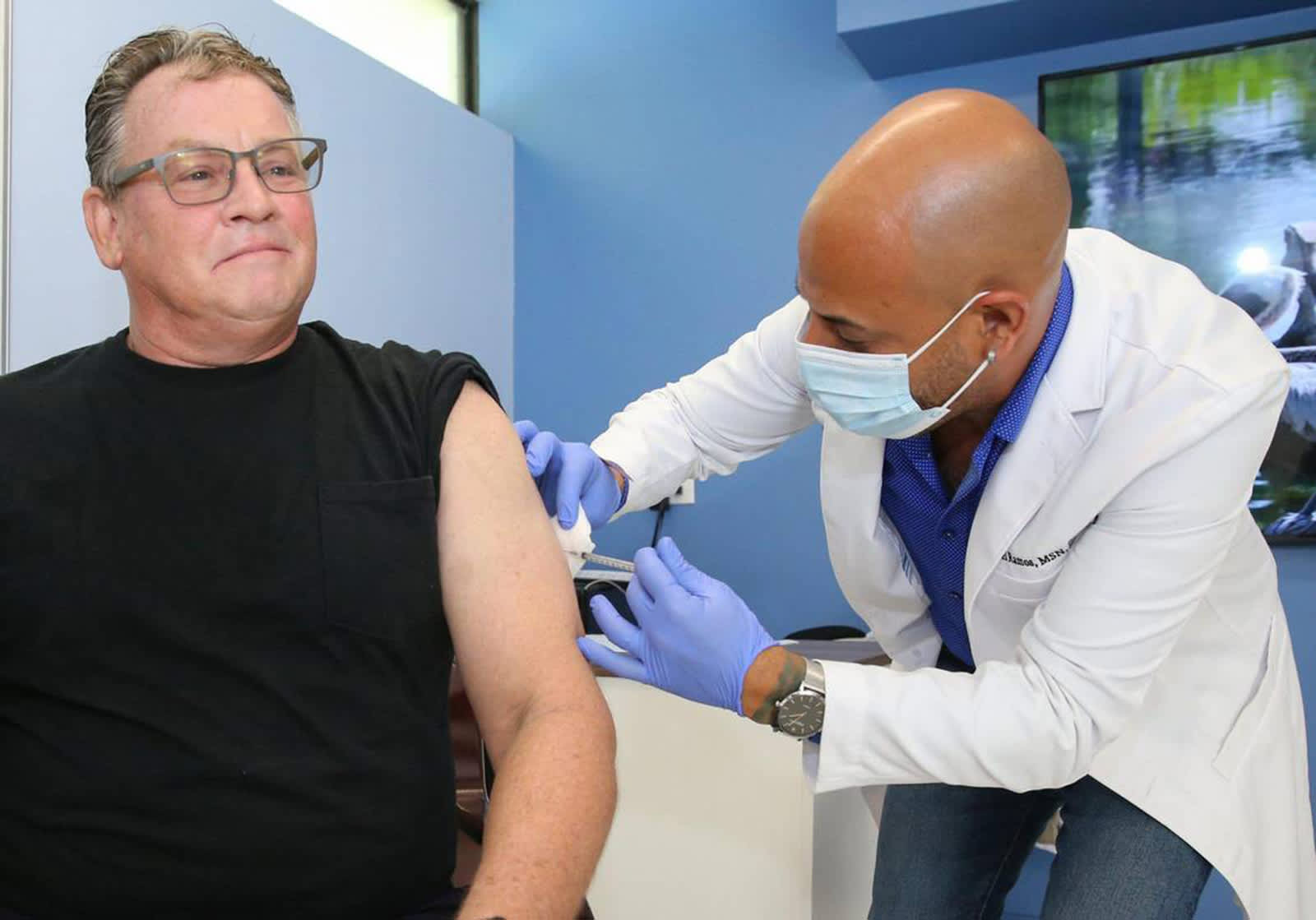As monkeypox cases continue to grow in Massachusetts, so does the confusion around whether or not the rapidly spreading virus is considered a sexually transmitted disease.
Transmitted through close skin-to-skin contact, monkeypox was initially found in monkeys in 1958 before it was reported in a human 12 years later in the Democratic Republic of the Congo, where the majority of infections remained. An international outbreak emerged in the spring and continued to escalate, prompting the WHO to declare the virus a public health emergency of international concern in late July.
WATCH ANYTIME FOR FREE
>Stream NBC10 Boston news for free, 24/7, wherever you are. |
Since then, approximately 134 cases of monkeypox have been confirmed in Massachusetts as part of nearly 6,000 cases across the country, according to the U.S. Centers for Disease Control and Prevention.
Brigham and Women's Chief of Infectious Disease Dr. Daniel Kuritzkes explained why, despite the fact that monkeypox spreads through sexual contact, the virus is not necessarily categorized as an STD.
Get updates on what's happening in Boston to your inbox. Sign up for our >News Headlines newsletter.
Experts have not been able to conclude whether monkeypox represents a new type of sexually transmitted infection or disease, though it is primarily spreading through skin-to-skin contact during sex.
"It has not -- up until the present time -- been classified as an STI, but there's no question that it can be sexually transmitted," Kuritzkes said. "Monkeypox is not a sexually transmitted infection in the way that say, gonorrhea or chlamydia or syphilis are considered STIs because those are the predominant routes of transmission, but it certainly can be a sexually transmitted infection."
Men who have sex with men are currently the group at the highest risk of contracting monkeypox, experts say. The World Health Organization recommended in late July that gay and bisexual men limit their number of sexual partners to protect themselves and help slow transmission.
Symptoms include fever, body aches, chills, fatigue and legions or sores on parts of the body. The illness has been relatively mild in many men, and no one has died in the U.S. But people can be contagious for weeks and the lesions can be extremely painful.
Get updates on what's happening in Boston to your inbox. Sign up for our News Headlines newsletter.
"What the infection does is cause people to break out in these blisters that then open up, and there's virus in the blisters, and so those blisters can be a source of transmission. The virus can get in through attacked skin, just like chickenpox can be spread," Kuritzkes said. "These can be very painful and uncomfortable lesions if they occur in the rectum or in the vagina or in the mouth, and can make it difficult to have a bowel movement, to swallow, to urinate, and so that can be really quite a problem."
The fact that monkeypox is primarily spreading during sex has sparked a debate within the scientific community around the need to modify the case definition to reflect genital transmission, Kuritzkes said Tuesday after attending a session on the virus during the International AIDS Conference in Montreal, Canada.
"What I guess we don't know for certain is whether semen and vaginal secretions themselves can be infectious," he said.
Experts say it's also unclear whether condoms would help reduce the risk of infection because monkeypox spreads through close physical contact, similar to herpes.
The virus can be treated with an antiviral drug called TPOXX, or tecovirimat, which Kuritzkes said is available for more severe cases in Massachusetts through the national strategic stockpile. Vaccinations are also available on a limited basis to people who have had a known or likely exposure, he said, but Massachusetts is not yet immunizing more broadly due to limitations and supply.



